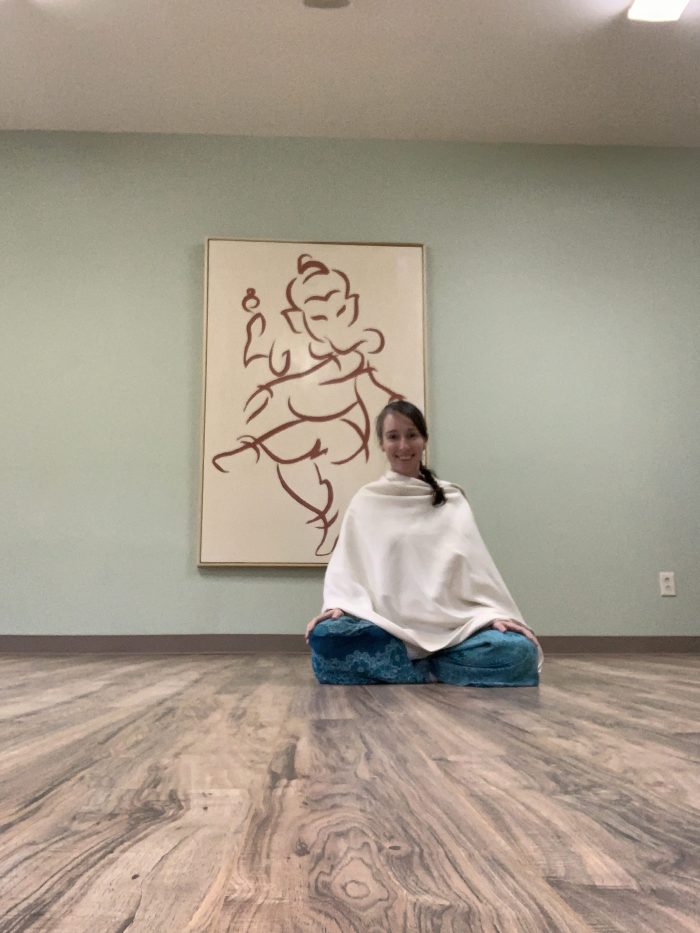Elephant’s Continually-updating Coronavirus Diary. ~ Waylon
~
We are laying in Savasana in yogasana class. With the peaceful music in the background, our teacher asks us to relax our bodies, to focus on our breath, and find the deeper meaning of contentment, of Santosha. Thirty minutes prior, while holding Utkatasana, our teacher told us to build heat, to build Tapas.
We end class with a collective “Om.” We roll up our mats. We tell our peers we feel so much better. We can’t wait until we do yoga again.
What we forgot was that yoga continues after the mats are rolled up.
Patanjali, author of the Yoga Sutras, gave the world a guide on yogic philosophy. This guideline of eight limbs showed us one possible path to moksha (enlightenment). A path that does not start with asana. It starts with virtue, with how to live a virtuous life. Patanjali called these virtues the Yamas and Niyamas.
During this time in our shared history, we are experiencing an unprecedented global pandemic that is inviting us to live our yoga more completely. We are being called to embody the Yama and Niyama. It is through the yogic lifestyle that Patanjali offered that we can become free from fear and violence, and understand how to support our communities during times of crisis.
How can the Yamas and Niyamas, even at the most basic levels, help us during the Coronavirus outbreak?
Ahimsa (non-violence):
This can be two-fold. For those in a state of panic, use your yoga and meditation practice to relax the mind so you do not cause others to catch your panic and so your panic does not cause you to commit harm.
For those who believe this pandemic is false or blown out of proportion, do not allow your feeling to cause you to disregard the feelings, needs, and vulnerabilities of others. Do not put yourself in a position where you become apathetic to the experience of others or a physical carrier who could infect others.
Satya (truthfulness):
Do not spread mis-information on the virus, including false or non-scientific data.
Asteya (non-stealing):
Only buy what you need. Think of the millions of others in your country who are facing the same issues.
The opposite of stealing is generosity. At this time, and under our current circumstances, consider adopting a mindful practice of generosity, offering some portion of any over-abundance of resources in your possession to those who have less than you do.
Brahmacharya (non-excess):
The practice of building a bridge to Brahman—to God/divine/universal consciousness—is brahmacharya. Set the footing of your bridge into a firm foundation. Keep your thoughts clean. Engage in harmonious relationships with self and others. Do not blame populations or politicians. Ask yourself “How can I be of service?” The world needs more love right now.
As Sadhguru said, “People who are willing to dedicate themselves to other’s well-being are needed in society.”
Aparigraha (non-greed):
Do not overbuy “essentials.” Do not hoard supplies. If you have something someone else can use, share with them. Do your part to support your community, and then, let it go.
Krishna, in the Bhagavad Gita said, “Let your concern be with action alone, and never with the fruits of action. Do not let the results of action be your motive, and do not be attached to inaction.”
Saucha (purity):
Remember physical cleanliness—wash your hands often and for 20 seconds. Do not touch your face. Keep your distance. Cover your mouth with your elbow when sneezing or coughing. Also remember your mental purity. Know the truth of your intention. Speak and act only to uplift. Never to demean, destroy, or incite.
Santosha (contentment):
Let go of control. Accept that stores, restaurants, and theatres will have closures and delays. Accept that schools will be closed and events canceled. Find contentment that these delays are here to help everyone heal and be safe. Use this time to cultivate peace within yourself by commuting to your daily practice.
Give yourself the opportunity to experience clarity within this crisis. To experience peace in spite of chaos.
Tapas (self-discipline):
Have the discipline to explore what is digging at you during this time. Allow your triggers to come to the surface and sit with those feelings, without acting on them. Recognize them for the trap they are and diffuse the trapping. Tapas allows us to work through our difficulties. Allow your own discipline and discernment to burn away what is not serving you.
Svadhyaya (self-study):
Use this time of social distancing to read books from your guru or spiritual teachers. Join online satsangs and kirtans. Meditate. Use this gift of time you have to deepen your yogic path.
Ishvara Pranidhana (surrender):
Remember it is “Thine Will” not my will. Surrender to the Divine, whatever the outcome will be; do not be more concerned with the result than you are with the process and path. Do not worry about how long it will take for everyone to be healthy.
Instead use your time and energy to serve the essence of God that exists in every being. Remember: Sub Isware Hai (It’s all God).
~


 Share on bsky
Share on bsky





Read 1 comment and reply